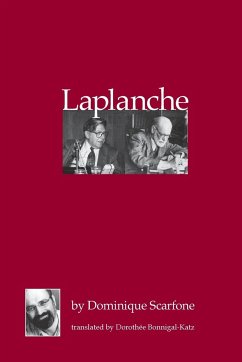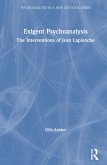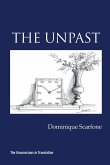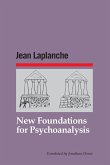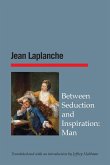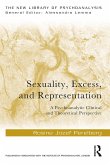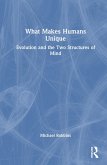In 1997, the Presses Universitaires de France commissioned Dominique Scarfone for another book for their series Psychanalystes d'aujourd'hui. The result was Jean Laplanche, now available in Dorothée Bonnigal-Katz's brilliantly clear English translation as "Laplanche: an introduction." More than an overview of Laplanche's career, Scarfone's text presents an unparalleled insight into the mechanisms, provocations, and spectacular theoretical achievements of Laplanche's work, which has been increasingly recognized as integral to Francophone-and more recently, Anglophone-psychoanalytic practice and theory. This volume brings together Scarfone's book with two representative works of Laplanche's writing: his introduction to the French translation of Freud's Beyond the Pleasure Principle, perhaps the last major work completed before his death in 2012; and Fantasme Originaire, Fantasmes des Origines, Origines du Fantasme , the classic 1964 essay written in collaboration with J.-B. Pontalis, in a new translation by Jonathan House. Finally, this volume includes a complete bibliography of Laplanche's work, in English and in French. Jean Laplanche was described by Radical Philosophy as "the most original and philosophically informed psychoanalytic theorist of his day." Studying philosophy under Hyppolite, Bachelard, and Merleau-Ponty, he became an active member of the French Resistance under the Vichy regime. Under the influence (and treatment) of Jacques Lacan, Laplanche came to earn a doctorate in medicine and was certified as a psychoanalyst. He eventually broke ties with Lacan and began regularly publishing influential contributions to psychoanalytic theory, his first volume appearing in 1961. In 1967 he published, with his colleague J.-B. Pontalis, the celebrated encyclopaedia The Language of Psychoanalysis. Member of the International Psychoanalytic Association, co-founder of the Association Psychanalytique de France, emeritus professor and founder of the Center for Psychoanalytic Research at the Université de Paris VII, and assistant professor at the Sorbonne, he also oversaw, as scientific director, the translation of Freud's complete oeuvre into French for the Presses Universitaires de France.
Hinweis: Dieser Artikel kann nur an eine deutsche Lieferadresse ausgeliefert werden.
Hinweis: Dieser Artikel kann nur an eine deutsche Lieferadresse ausgeliefert werden.

